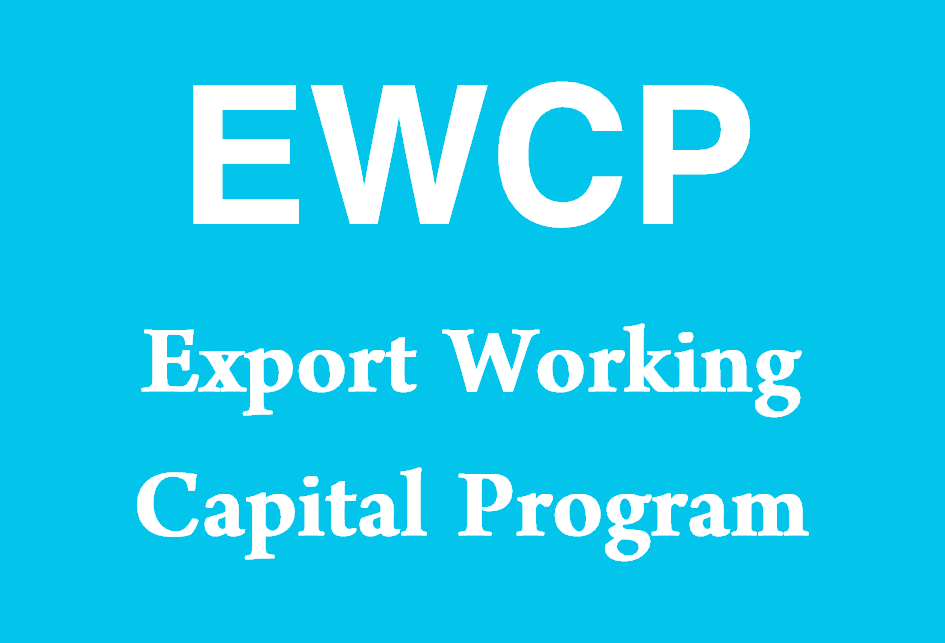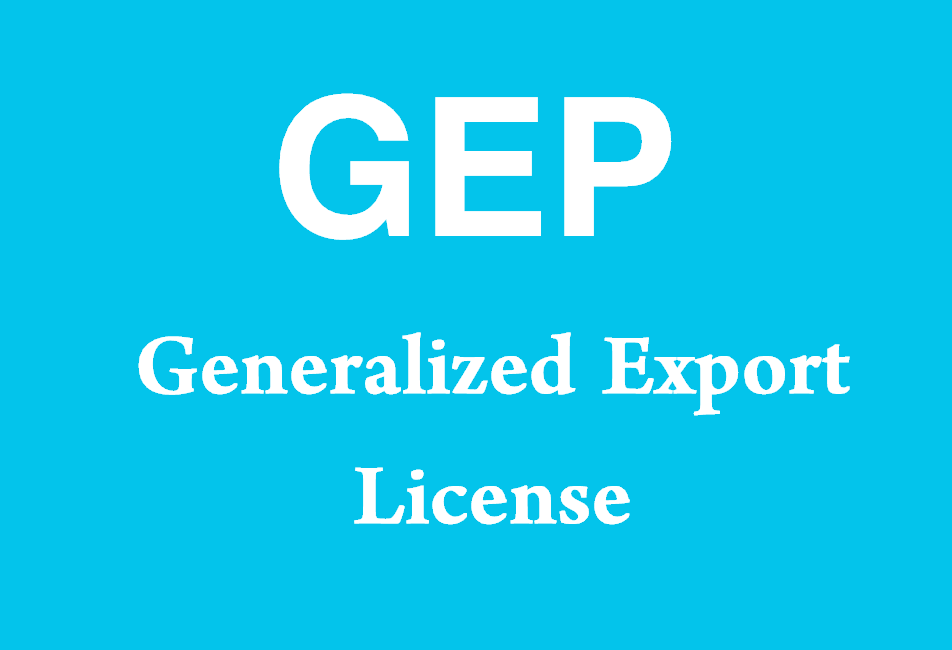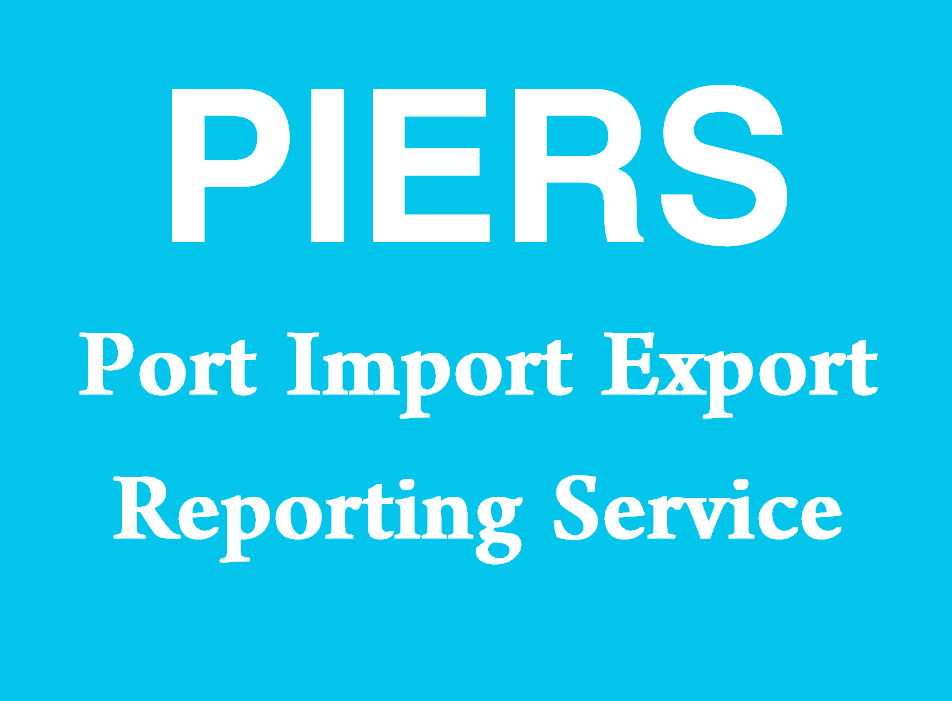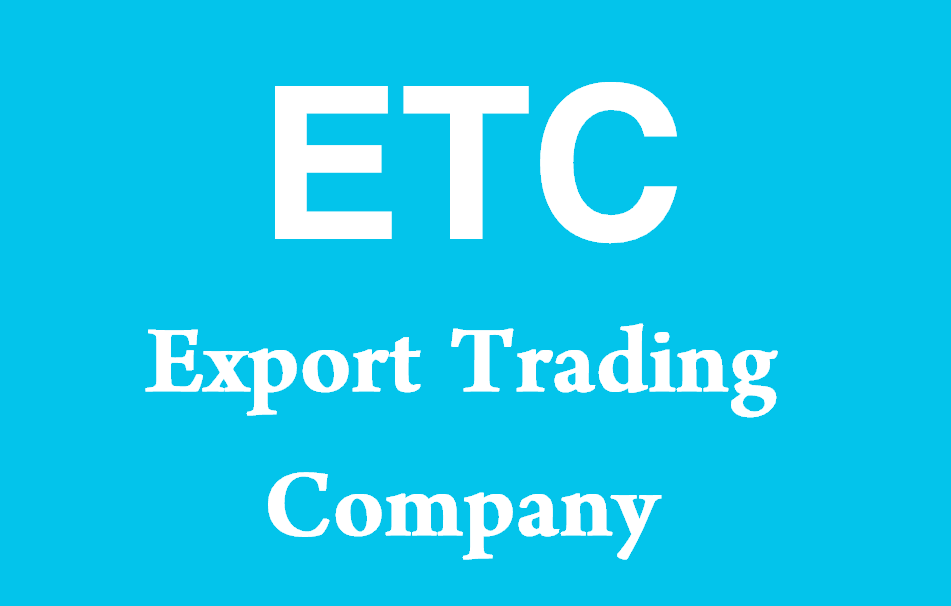What does EPCG stand for?
EPCG stands for Export Promotion Capital Goods, a scheme introduced by various governments to promote exports by providing incentives for the import of capital goods. Under the EPCG scheme, eligible exporters can import capital goods at concessional rates of duty, facilitating technology upgradation and enhancing export competitiveness. This comprehensive explanation will delve into the history, objectives, eligibility criteria, benefits, and impact of the Export Promotion Capital Goods scheme, provide practical notes for importers dealing with EPCG, offer sample sentences illustrating the use of the acronym EPCG, and include a detailed table listing 20 other meanings of the acronym in various contexts.
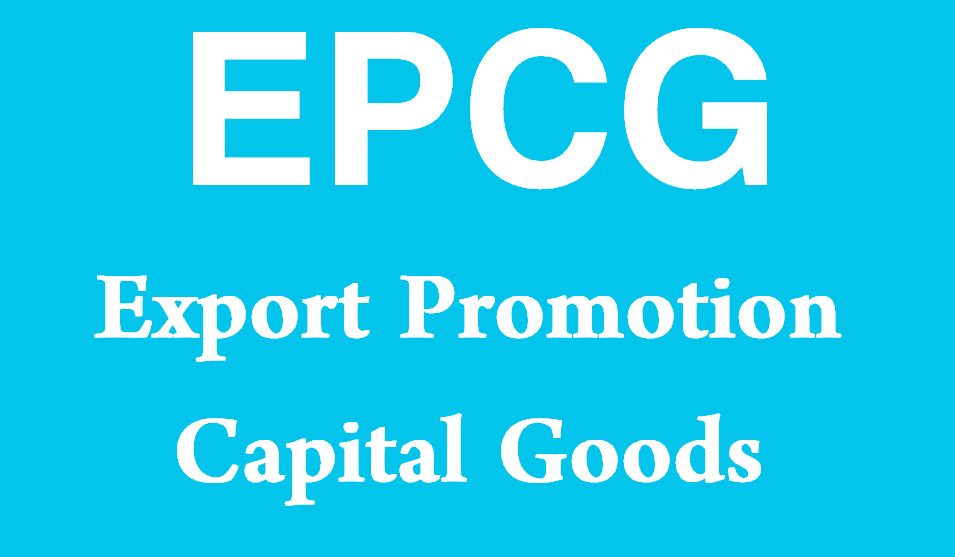
Comprehensive Explanation of Export Promotion Capital Goods
History and Establishment
The Export Promotion Capital Goods (EPCG) scheme was introduced by governments worldwide as part of their efforts to boost exports and enhance the competitiveness of domestic industries. The scheme was designed to incentivize exporters to invest in capital goods, machinery, and technology, thereby improving production efficiency and expanding export capabilities.
Key Milestones
- Introduction (1980s): The EPCG scheme was first introduced in the 1980s by various countries, including India, to promote exports and encourage technology upgradation.
- Policy Revisions: Over the years, governments have revised and updated the EPCG scheme to align with changing economic conditions and trade dynamics.
- Expansion: The EPCG scheme has been expanded to cover a wide range of sectors and industries, including manufacturing, agriculture, and services.
Objectives and Goals
The primary objectives of the EPCG scheme are:
- Export Promotion: To incentivize exporters to enhance their production capabilities and increase exports.
- Technology Upgradation: To encourage the adoption of advanced technology and machinery to improve productivity and quality.
- Global Competitiveness: To enhance the global competitiveness of domestic industries by facilitating access to modern equipment and technology.
- Foreign Exchange Earnings: To boost foreign exchange earnings through increased exports of goods and services.
- Employment Generation: To create employment opportunities by stimulating investments in capital goods and infrastructure.
Eligibility Criteria
To avail of the benefits under the EPCG scheme, exporters must meet certain eligibility criteria:
- Exporter Status: The applicant must be a registered exporter with the relevant export promotion council or authority.
- Export Obligation: Exporters must undertake to fulfill a specific export obligation, usually a certain multiple of the duty saved on the imported capital goods.
- Project Approval: The proposed project or investment plan for which the capital goods are imported must be approved by the relevant government authority.
- Sectoral Restrictions: Certain sectors or industries may be subject to specific eligibility criteria or restrictions under the EPCG scheme.
Benefits and Incentives
The EPCG scheme offers several benefits and incentives to eligible exporters:
- Concessional Duty Rates: Capital goods imported under the EPCG scheme are subject to lower rates of customs duty or even duty exemption, reducing the cost of importation.
- Technology Upgradation: Access to modern technology and machinery enables exporters to improve production processes and enhance product quality.
- Export Obligation Flexibility: Exporters are allowed a certain period to fulfill their export obligations, providing flexibility in meeting targets.
- Customized Projects: The scheme allows for customized project approvals, accommodating the specific needs and requirements of different industries and sectors.
Procedure and Implementation
The implementation of the EPCG scheme involves the following steps:
Application and Approval
- Application Submission: Exporters submit an application to the relevant government authority, providing details of the proposed project, export obligations, and other relevant information.
- Project Approval: The proposed project is evaluated by the authority to ensure compliance with eligibility criteria and sectoral requirements.
- Approval Issuance: Upon approval, the exporter is issued an EPCG authorization, allowing for the import of capital goods under concessional duty rates.
Importation and Export Obligation
- Capital Goods Import: The exporter imports the approved capital goods into the country, availing of the concessional duty rates or exemptions.
- Export Obligation Fulfillment: The exporter fulfills the export obligation within the specified timeframe, usually by exporting a predetermined value of goods or services.
Impact and Achievements
The EPCG scheme has had a significant impact on export promotion and industrial development:
- Export Growth: The scheme has led to a substantial increase in exports across various sectors, contributing to foreign exchange earnings and economic growth.
- Technology Adoption: Access to modern technology and machinery has facilitated technology upgradation and innovation in domestic industries.
- Employment Generation: Investments in capital goods and infrastructure have created employment opportunities and supported livelihoods.
- Global Competitiveness: Domestic industries have become more competitive in the international market due to improved productivity and product quality.
- Foreign Investment: The EPCG scheme has attracted foreign investment by creating a conducive environment for export-oriented businesses.
Notes of EPCG to Importers
Understanding EPCG Benefits
Importers dealing with exporters availing of the EPCG scheme should be aware of the benefits and implications:
- Lower Import Costs: Importers may benefit from lower import costs when sourcing from exporters who import capital goods under the EPCG scheme.
- Quality Assurance: Capital goods imported under EPCG often adhere to high quality and performance standards, ensuring reliability for importers.
- Potential Delays: Importers should be prepared for potential delays in customs clearance due to the documentation and verification process associated with EPCG imports.
Compliance Requirements
Importers should ensure compliance with relevant regulations and procedures when dealing with EPCG imports:
- Documentation: Importers must verify the authenticity of EPCG authorization documents provided by exporters to ensure compliance with customs requirements.
- Customs Clearance: Importers should work closely with customs authorities to facilitate smooth clearance of EPCG imports, providing all necessary documentation and information.
Communication with Exporters
Clear communication with exporters availing of the EPCG scheme is essential for importers:
- Understanding Export Obligations: Importers should be aware of the export obligations associated with EPCG imports to ensure timely fulfillment.
- Coordinating Shipments: Importers and exporters should coordinate shipments to align with export obligations and minimize delays.
Leveraging Benefits
Importers can leverage the benefits of EPCG imports to optimize their operations:
- Cost Savings: Importers may benefit from cost savings associated with lower import duties and taxes on EPCG imports.
- Quality Products: Capital goods imported under the EPCG scheme are often of high quality, contributing to improved product offerings for importers.
- Reliable Suppliers: Importers can build relationships with reliable suppliers who invest in technology and machinery through the EPCG scheme, ensuring consistent quality and supply.
Risk Mitigation
Importers should also consider risk mitigation strategies when dealing with EPCG imports:
- Diversification: Importers should diversify their supplier base to mitigate the risk of dependence on a single exporter availing of the EPCG scheme.
- Contractual Agreements: Clear contractual agreements should be established between importers and exporters, outlining responsibilities, timelines, and contingencies.
Sample Sentences Containing EPCG and Their Meanings
- “The company plans to import machinery under the EPCG scheme to enhance production capacity and meet export demand.”
- This sentence indicates the intention of the company to avail of the benefits of the EPCG scheme for technology upgradation and export promotion.
- “EPCG imports have helped the industry improve competitiveness by investing in modern equipment and technology.”
- This sentence highlights the role of EPCG imports in enhancing the competitiveness of industries through technological advancements.
- “Exporters must fulfill their export obligations within the stipulated timeframe to avoid penalties under the EPCG scheme.”
- This sentence emphasizes the importance of exporters meeting their export obligations to comply with the requirements of the EPCG scheme.
- “The government has announced revisions to the EPCG scheme to further incentivize exports and attract investments.”
- This sentence mentions the government’s initiative to revise the EPCG scheme to align with evolving economic conditions and trade dynamics.
- “Importers should verify the authenticity of EPCG authorizations to ensure compliance with customs regulations.”
- This sentence advises importers to exercise due diligence in verifying EPCG authorizations to avoid potential compliance issues.
Other Meanings of EPCG
The acronym EPCG can have various meanings in different contexts. The table below provides a detailed overview of 20 alternative meanings:
| Acronym | Full Form | Description |
|---|---|---|
| EPCG | European Pigment and Colorant Group | An industry group representing manufacturers and suppliers of pigments and colorants. |
| EPCG | European Policy Centre Group | A think tank and policy research organization focused on European Union policies and issues. |
| EPCG | Environmental Policy Consulting Group | A consulting group specializing in environmental policy analysis and advisory services. |
| EPCG | European Polymer Clay Guild | An organization promoting the art and craft of polymer clay in Europe. |
| EPCG | Electric Power Consumers Guild | A guild representing the interests of electric power consumers and advocating for their rights. |
| EPCG | European Parental Control Gateway | A gateway service providing parental control features for internet and digital content access. |
| EPCG | Energy and Power Consulting Group | A consulting group specializing in energy and power sector advisory services. |
| EPCG | European Plastics Converters Group | A trade association representing plastics converters and manufacturers in Europe. |
| EPCG | European Packaging and Coating Group | A group focused on packaging and coating solutions for various industries in Europe. |
| EPCG | Environmental Planning and Consulting Group | A consulting group providing environmental planning and consulting services. |
| EPCG | European Power Conversion Group | A group specializing in power conversion technologies and solutions in Europe. |
| EPCG | Educational Psychology Consulting Group | A consulting group offering educational psychology services and expertise. |
| EPCG | European Pharmaceutical Contract Group | A consortium of pharmaceutical companies specializing in contract manufacturing and services. |
| EPCG | Environmental Policy Coordination Group | A group focused on coordinating environmental policy initiatives and actions. |
| EPCG | European Particle Control Group | A group specializing in particle control technologies and solutions in Europe. |
| EPCG | Electrical Power Consulting Group | A consulting group providing advisory services in the electrical power sector. |
| EPCG | European Poultry Consulting Group | A consulting group specializing in poultry industry analysis and advisory services. |
| EPCG | Economic Policy Consulting Group | A consulting group offering economic policy analysis and advisory services. |
| EPCG | European Production and Consumption Group | A group focused on production and consumption trends and practices in Europe. |
| EPCG | Environmental Protection and Consulting Group | A consulting group specializing in environmental protection and conservation initiatives. |

